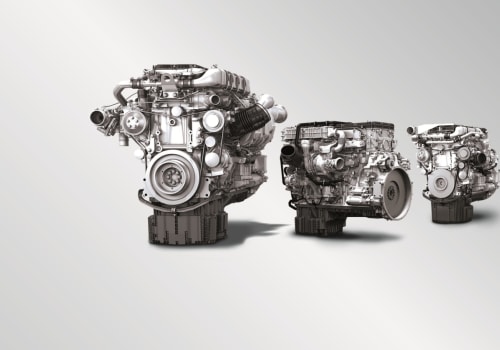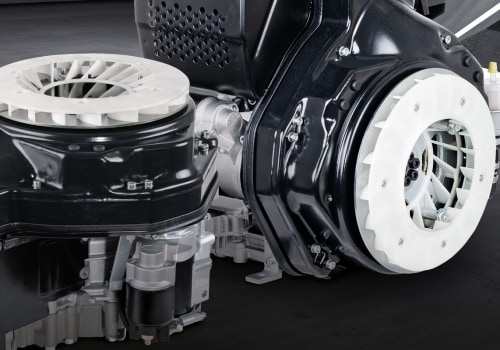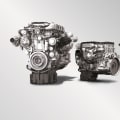The diesel engine has had a revolutionary impact on the world since its invention during the Industrial Revolution. Developed by German inventor Rudolf Diesel, the engine was designed to convert all heat into work, making it a more efficient and cost-effective energy source than coal. This allowed rail and shipping companies to save money, and after World War II, increasingly powerful and efficient diesel engines resulted in increasingly huge ships. Scientist Vaclav Smil argues that vapor-driven globalization would have grown much more slowly than diesel allowed.
Not only were diesel engines much more viable options for cars, but they were also essential for submarine warfare. After the patent expired, diesel engines became an important part of many industries, from trains and transportation to maritime vessels. Before Rudolf Diesel became the father of the diesel engine, he worked for the Linde Ice Machine Company as a refrigerator engineer. Although Rudolf Diesel was a German inventor and began developing the engine in Europe, diesel engineering is a huge source of American jobs.
The impact of the diesel engine is still present in modern society. Fuel accounts for around 70% of the cost of shipping goods around the world, and diesel engines are essential for powering ships and other transportation vehicles. The diesel engine has revolutionized many industries and continues to be an important part of our lives today.












